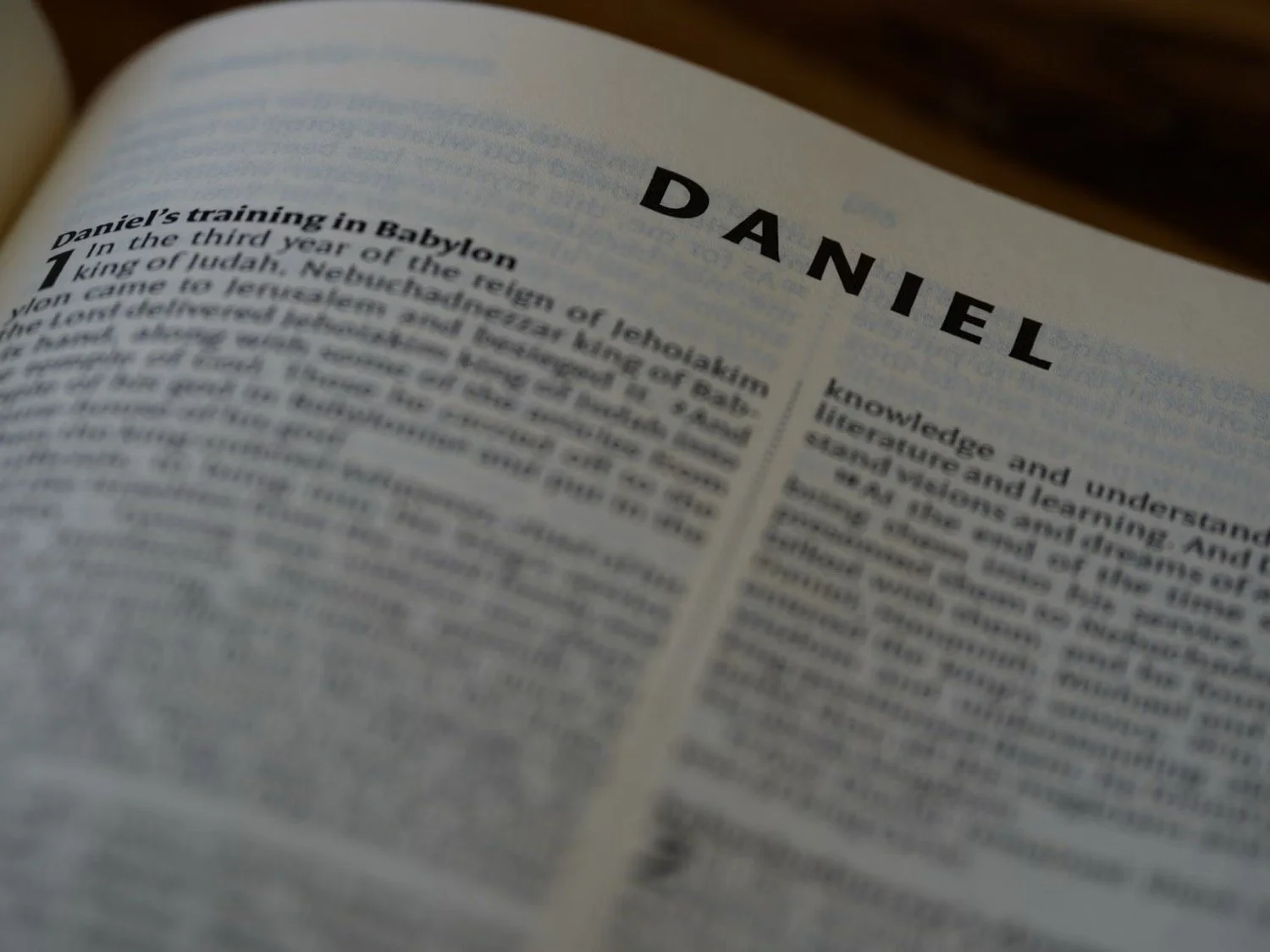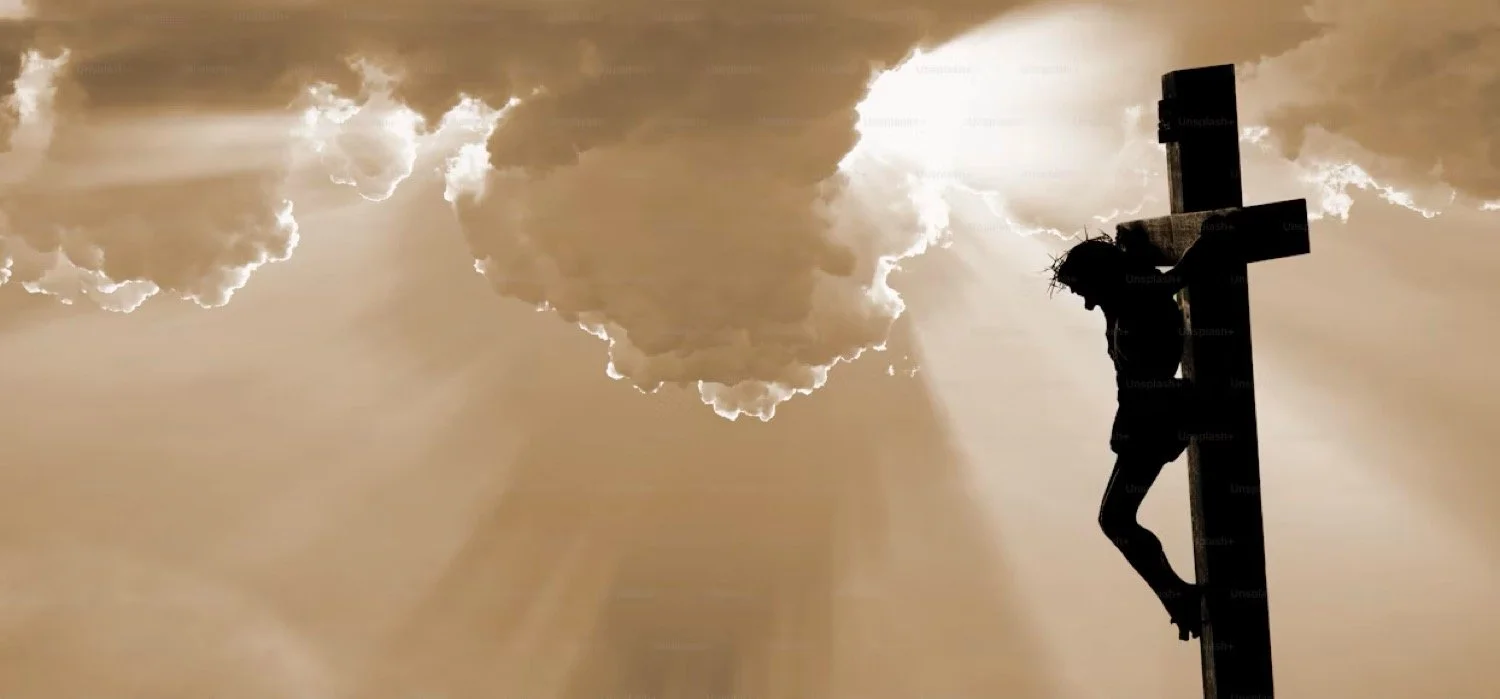Readings for today: Deuteronomy 4-7
Deuteronomy 6:4 contains the single most important prayer in all of Israel. “"Hear, O Israel: The Lord our God, the Lord is one.” It is the prayer known as the “Shema” (pronounced Sh’ma). Jews are required to recite this prayer twice a day. It is the first prayer they teach their children. It is the last prayer they pray before they die. It captures the essence of their monotheistic faith. Praying this prayer twice a day reminds the Jewish people of the personal relationship they have with God and His Kingdom. They are His chosen people. They are His royal priesthood. They are His holy nation. Set apart by God Himself to declare His glory to the nations of the earth. To fulfill the great promise once made to Abraham. "For you are a people holy to the Lord your God. The Lord your God has chosen you to be a people for his treasured possession, out of all the peoples who are on the face of the earth. It was not because you were more in number than any other people that the Lord set his love on you and chose you, for you were the fewest of all peoples, but it is because the Lord loves you and is keeping the oath that he swore to your fathers, that the Lord has brought you out with a mighty hand and redeemed you from the house of slavery, from the hand of Pharaoh king of Egypt. Know therefore that the Lord your God is God, the faithful God who keeps covenant and steadfast love with those who love him and keep his commandments, to a thousand generations,” (Deut. 7:6-9)
Because God has chosen them. Because God has set His love on them. Because God has delivered them from bondage and slavery in Egypt. Israel is to return His love. “You shall love the Lord your God with all your heart and with all your soul and with all your might.” (Deut. 6:5) This is the second part of the Shema. The commitment of the believer to honor God in every facet of their lives. We are to love God with all our heart. All our affections. All our feelings. He must love Him first above all other things. All other people. All of our accomplishments, dreams, and visions. We must love Him with our souls. Form the depths of our beings. From the deepest recesses of who we are. To love God with our “soul” is to literally love Him from our bowels. From our gut. From a place deeper than our minds. Deeper than our hearts. The very core of our beings. We must love God with all our might. All our physical strength and activity should be dedicated to the glory of God. All our work. All our play. All our relationships. All our physical labor. All of it is to bring glory to God. This is what the Apostle Paul is referring to in Colossians 3:17, “And whatever you do, in word or deed, do everything in the name of the Lord Jesus, giving thanks to God the Father through him.”
There is a lot packed into today’s reading. So many reminders of God’s great faithfulness to His people. Despite their sin. Despite their grumbling. Despite their complaining. God remains steadfast. This is the essence of the covenant of grace God has made with His people. Fast forward a few thousand years to Jesus. A lawyer challenges him one day to identify the greatest of the commandments. Jesus goes right back to the Shema. “And Jesus said to him, "You shall love the Lord your God with all your heart and with all your soul and with all your mind. This is the great and first commandment. And a second is like it: You shall love your neighbor as yourself. On these two commandments depend all the Law and the Prophets." (Matt. 22:37-40) Not only did Jesus place the Shema at the center of His life but He demands His followers do the same.
How are you seeking to love God with all your heart, all your soul, all your mind, and all your strength? What does that practically look for you in your life? If you do not know, let me challenge you to memorize Matthew 22:37 and ask God to give you the wisdom to know how to place the Shema at the center of your life like Jesus.
Readings for tomorrow: Deuteronomy 8-10




